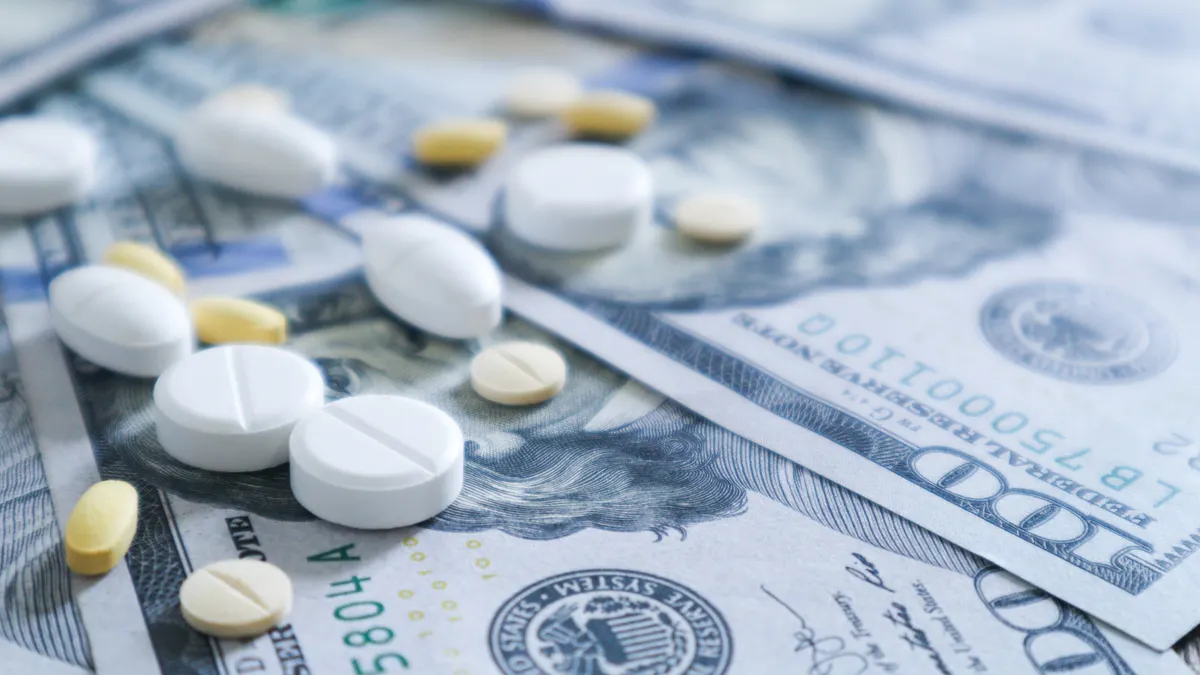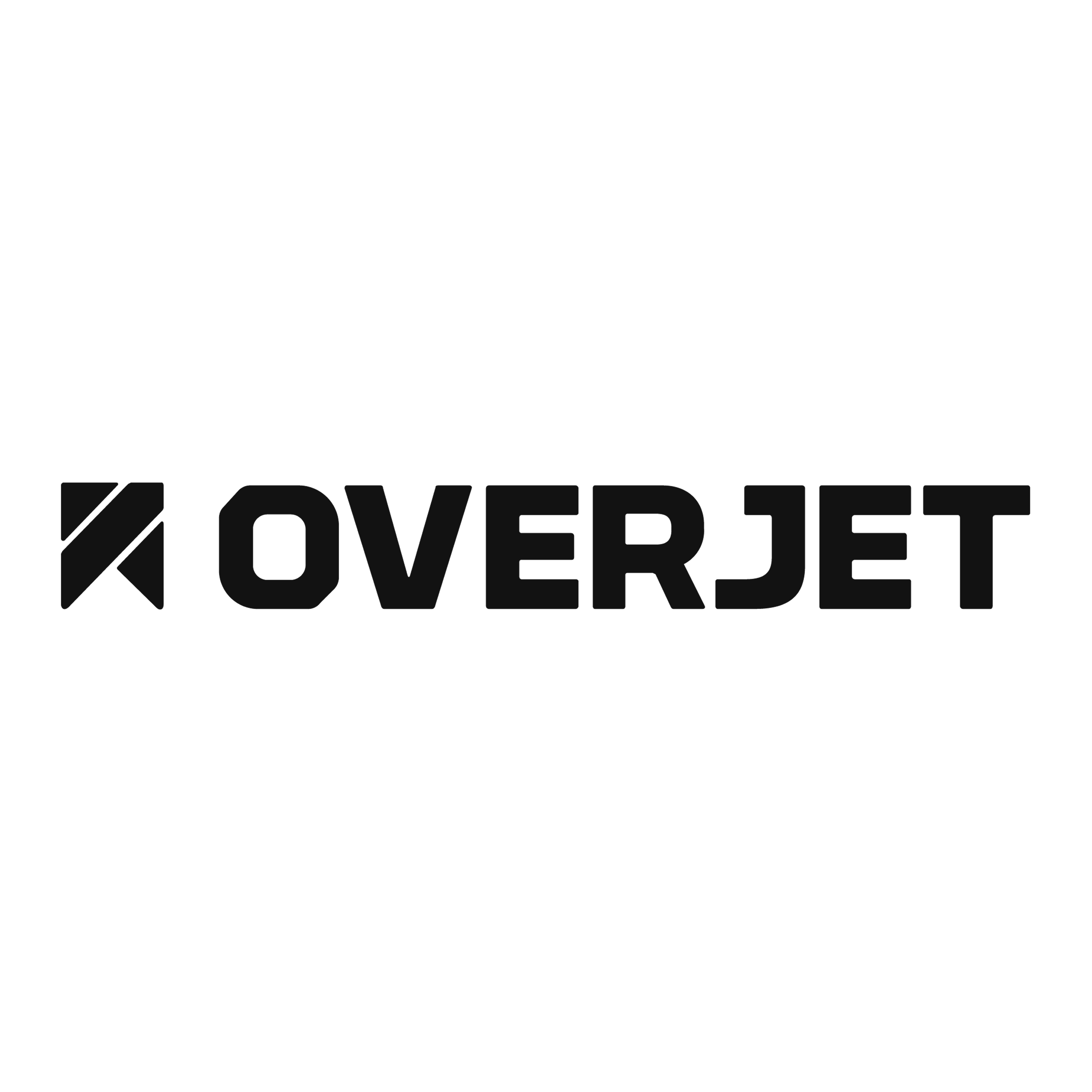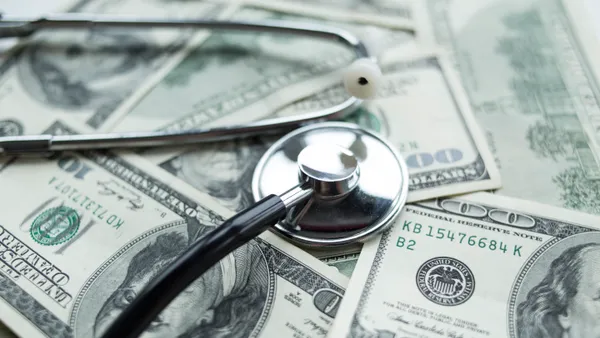Dive Brief:
- The country’s largest hospital lobby is accusing five major drugmakers of secretly conspiring to transition to a rebate model in 340B, in the latest salvo between providers and pharmaceutical companies over the future of the drug discount program.
- On Monday, the American Hospital Association sent a letter to the heads of the Federal Trade Commission and the Justice Department’s antitrust division asking them to investigate Johnson & Johnson, Eli Lilly, Bristol Myers Squibb, Sanofi and Novartis for potential collusion.
- The AHA’s letter points to the overlapping timeline of the drugmakers’ building up to and then announcing their 340B rebate plans, all of which occurred over the same five months.
Dive Insight:
Johnson & Johnson got the ball rolling last summer when it met with federal regulators to test the waters for a proposal to pay hospitals after-the-fact rebates on drugs in 340B, a program that allows safety-net providers to purchase outpatient drugs from manufacturers at significantly discounted rates. Historically, drugmakers issue the savings in the form of upfront discounts.
But Johnson & Johnson officially announced its new rebate model in August, despite warnings from the Health Resources and Services Administration, the federal agency that oversees 340B, that it was likely illegal.
Then, between August and January, Eli Lilly, Bristol Myers Squibb, Sanofi and Novartis all unveiled similar rebate proposals, lobbied regulators on their plans and sued the federal government for blocking their way — a timeline that shows a clear pattern of coordination behind the scenes to remake 340B. At least, that’s according to the AHA’s theory of events, which the hospital lobby laid out in the letter to FTC Chair Andrew Ferguson and Assistant Attorney General Abigail Slater of the DOJ.
“The announcement of these rebate models came like a bolt from the blue, shocking hospitals and health systems across the nation,” the AHA wrote. “There was no prior concerted lobbying effort on the part of drug companies prior to their announcement. There was no indication whatsoever. The world’s largest drug companies simply stated — within days and weeks of each other — that this was now how it would be done.”
Specifics of the drugmakers’ rebate plans differ, but they all align on one fundamental premise: that they will stop providing upfront discounts for 340B drugs to providers, and instead require providers to buy the drugs at full price and then submit for a rebate later.
The goal is to check that the requested discount is valid before paying it out, to crack down on fraud and abuse in 340B, according to the pharmaceutical companies. But to hospitals, it’s a thinly veiled strategy to avoid paying the discounts that safety-net providers are owed in the decades-old program, which creates billions of dollars in savings.
The AHA’s plea to the Trump administration cites President Donald Trump’s history of commitments to hold drug companies accountable. But healthcare regulators now appear more open to restructuring 340B than their predecessors in the Biden administration. The Trump administration wants to move 340B oversight under the CMS, which has a history of backing rebate models in other programs. The administration also plans to trial a limited rebate program in 340B next year.
Spats between providers and drugmakers in 340B are nothing new, but are heating up as the program — and the money it represents — expands.
Roughly 3,000 hospitals benefit from discounted drugs under the program, which accounted for a record $66.3 billion in purchases in 2023, according to government data. That’s up more than 50% from $43.9 billion just two years prior.
Some critics point to the growth as evidence that 340B has mutated beyond its original intent, with drugmakers accusing hospitals of manipulating the program to profit. It’s a concern shared by some lawmakers, including Sen. Bill Cassidy, R-La., the chair of the Senate Health, Education, Labor and Pensions Committee.
This spring, Cassidy published an investigation finding that 340B discounts don’t always translate to lower costs or improved access for patients. The report builds on conflicting evidence as to how providers use 340B funds.
Much of drugmakers’ efforts to constrain 340B have taken place in the courts, with mixed outcomes. For example, last month an appeals court allowed a suit to proceed accusing insulin manufacturers of colluding to restrict providers’ use of contract pharmacies.
As for drugmakers’ unilateral rebate plans, a federal judge paused their implementation in May — though the ruling left the door open for such models in the future.
Pharmaceutical lobby PhRMA did not respond to a request for comment on the AHA’s letter.














